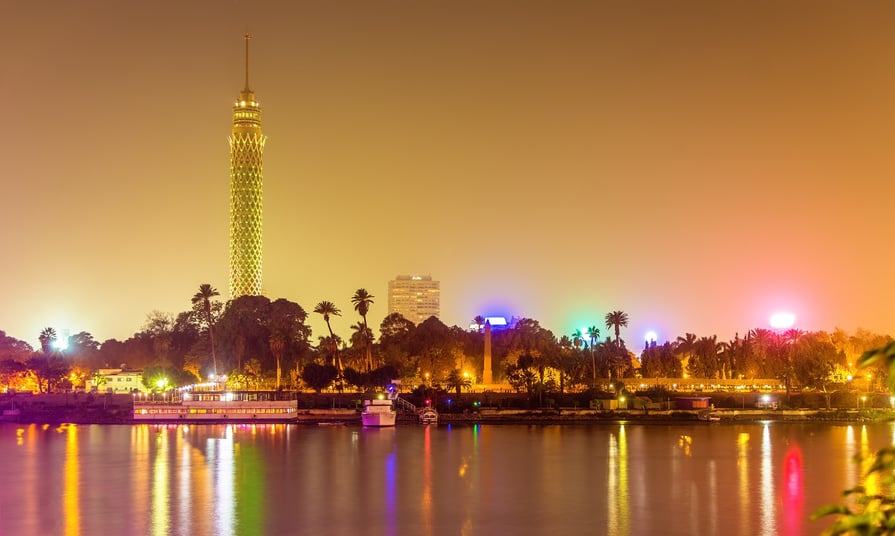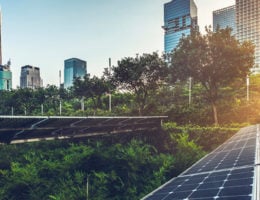Across the continent, countries are gearing up for the energy transition by updating and modernizing policy and legislative frameworks that consider the need for a renewable, decarbonized, decentralized energy supply that addresses climate change and Paris Agreement commitments.
On 27 January 2024, Law No. 2 of 2024 was issued (“Law”), providing green hydrogen and derivatives projects with certain incentives. These incentives are extended not only to green hydrogen and derivatives projects (such as green ammonia and green methanol), but also to the upstream and midstream facilities, of which 95% of the output is to service green hydrogen and derivatives projects and projects exclusively carrying out transportation, storage and distribution of green hydrogen and its derivatives in Egypt. The incentives also extend to projects that directly and exclusively manufacture production input and supplies for the midstream and downstream facilities for which a cabinet decree has been issued. The Law also applies to future expansions of the aforementioned projects.
On 27 January 2024, Law No. 2 of 2024 was issued (“Law”), providing green hydrogen and derivatives projects with certain incentives. These incentives are extended not only to green hydrogen and derivatives projects (such as green ammonia and green methanol), but also to the upstream and midstream facilities, of which 95% of the output is to service green hydrogen and derivatives projects and projects exclusively carrying out transportation, storage and distribution of green hydrogen and its derivatives in Egypt. The incentives also extend to projects that directly and exclusively manufacture production input and supplies for the midstream and downstream facilities for which a cabinet decree has been issued. The Law also applies to future expansions of suchprojects.
Numerous initiatives aimed at building Africa’s climate resilience were announced at the 28th Conference of the Parties (COP 28) in Dubai in December 2023, including the establishment of green banks, greenhouse gas trading systems, public-private partnerships, transformative financing measures such as green bonds and sustainability-linked instruments, as well as a host of new funding pledges. Some of the key announcements affecting Africa are listed below.
Almost half of the population of Africa does not have access to electricity. It is, therefore, critical for the continent to increase its access to a clean, decarbonized, decentralized energy supply.
To enable this energy transition, countries across the continent are implementing policies that take into account the energy crisis. Alongside other jurisdictions, they are also launching initiatives and providing funding, investments and grants for African renewable energy projects.
A recent Prime Ministerial Decree No. 4664 of 2022 was published on 25 December 2022, incorporating new provisions to the executive regulations of the Capital Markets Law No. 95 of 1992. The Decree provides for the establishment of a voluntary carbon market platform within the Egyptian Stock Exchange for the trading of carbon emissions reduction certificates (CERs). The CERs are tradeable financial instruments for greenhouse gases and are to be issued in favor of entities establishing projects reducing greenhouse gas emissions after obtaining the approval of the relevant authorities which are not currently specified. Each CER unit shall represent the equivalent of one metric ton of carbon dioxide reduced.
Baker McKenzie and Trench Rossi Watanabe* were again on the ground at this years’ COP27 conference held in Sharm-el-Sheik. The team led a three-part webinar series focused on developments and impact of this year’s COP on emerging markets and key takeaways following the event, which they note had a strong focus on implementation.
COP27 held in Sharm El-Sheikh, Egypt was anticipated by many as an “Implementation COP” to build on the agreements reached at COP26 in Glasgow. In this 45-minute webinar, we will discuss the key outcomes from COP27 and what we expect the key trends and developments to be in 2023 and beyond.
Ahead of our participation in COP27 in Sharm El-Sheik, Egypt, in November, we will explore in this webinar how the new mechanisms agreed under Article 6 of the Paris Agreement can play a key role in NDC implementation. Our focus will be on both the opportunities these mechanisms provide and the near-term challenges to accessing these.
The government of Egypt has now expressly recognized the production, storage and export of green hydrogen and green ammonia among the areas falling within the state’s economic development strategy. It has also passed a decree that would allow green hydrogen and green ammonia projects to benefit from a wide range of state support under the country’s existing Investment Law No. 72 of 2017, including tax incentives. This is a key development for Egypt’s hydrogen economy.







